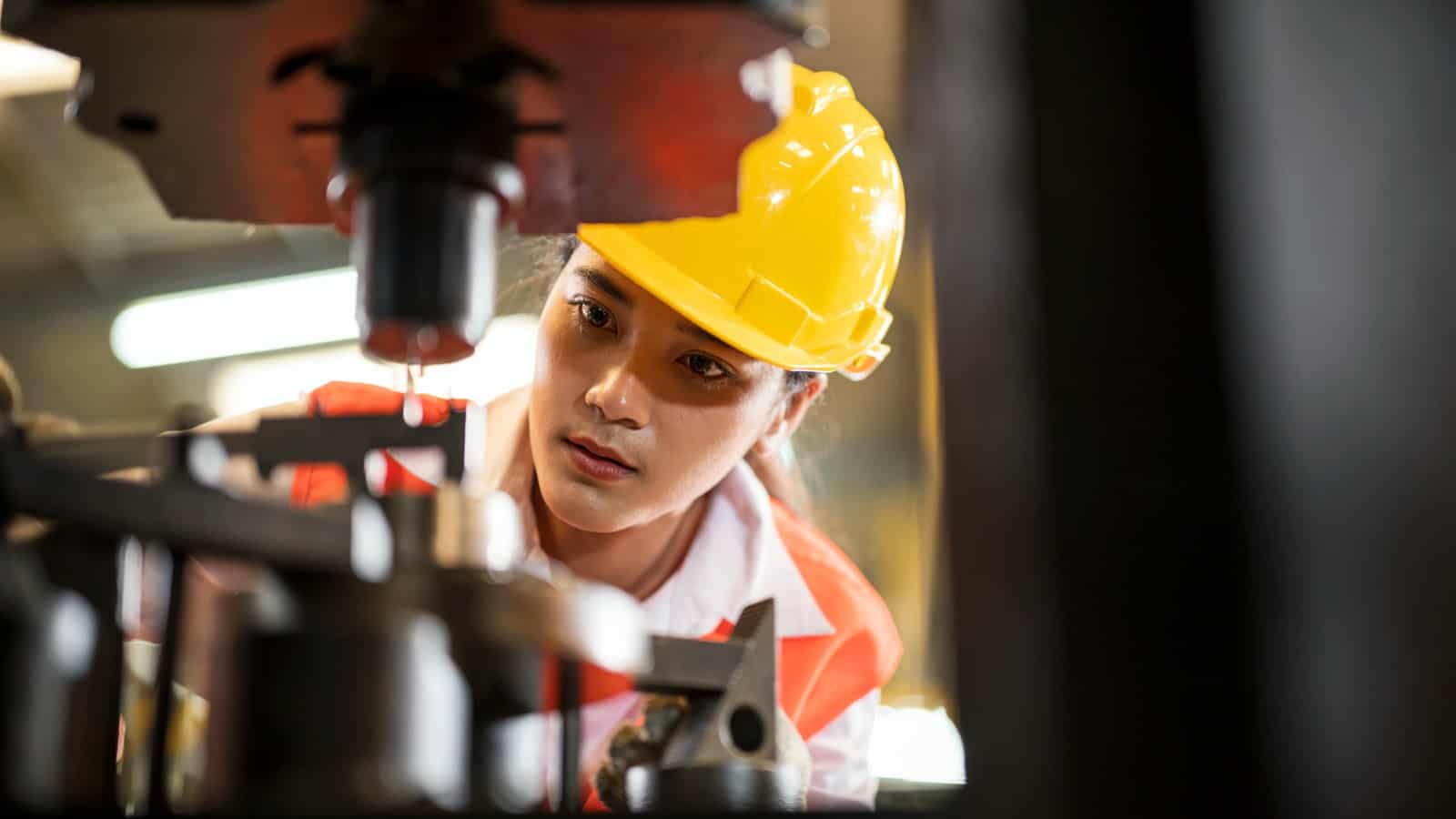Proposed “Right-to-Repair” Exemptions Would Hurt Manufacturers, Consumers

The NAM testified before the U.S. Copyright Office last week, explaining how two proposed exemptions from copyright protections would weaken manufacturers’ intellectual property rights, do significant harm to their businesses and potentially endanger consumers.
What’s going on: The Copyright Office is considering whether to recommend two exemptions from the Digital Millennium Copyright Act that would allow users to circumvent measures protecting copyrighted content.
- One proposal was designed to allow the so-called “right-to-repair” by enabling access to operational data (including diagnostic and telematics data) from automobiles, agricultural vehicles, marine vessels and more. The other is focused on industrial equipment.
NAM speaks out: “The basis of the so-called ‘right-to-repair’ movement hinges on the false notion that owners do not have the ability to repair their own equipment,” NAM Vice President of Domestic Policy Charles Crain said at the recent hearing. “The truth, however, is that the majority of [original equipment manufacturers] already provide a wide range of resources and tools that allow users—and third-party repair businesses—to maintain, diagnose and repair products.”
- The NAM previously submitted comments urging the Copyright Office not to adopt the proposed exemptions.
Why it’s important: “These exemptions would undermine manufacturers’ IP rights in service of right-to-repair—and the record does not support their adoption,” Crain continued.
- The exemptions are too broad and inadequately defined, and their proponents have “failed to show that users will be adversely affected absent the ability to circumvent [copyright law].”
- What’s more, the exemptions “would expose proprietary information to public consumption and use, likely endangering consumers and allowing for unlawful modifications of government-mandated safety and emissions limits.”
The last word: “In short, right-to-repair is a solution in search of a problem,” Crain said.